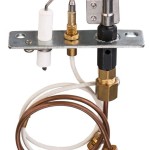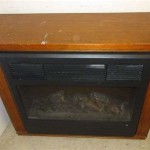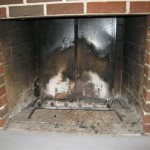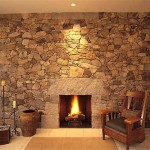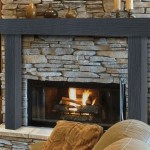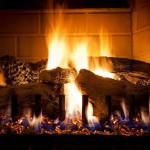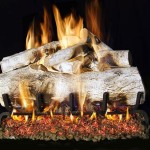Essential Aspects Of Stove Pipe For Wood Burning Fireplace
Stove pipes are an essential part of any wood-burning fireplace. They allow the smoke and gases produced by the fire to escape from the house, and they also help to draw air into the fireplace to keep the fire burning. There are a few important things to consider when choosing a stove pipe for your fireplace, including the size, material, and finish.
The size of the stove pipe is determined by the size of the fireplace opening. The pipe should be large enough to allow the smoke and gases to escape freely, but not so large that it creates a draft. The material of the stove pipe is also important. Stove pipes can be made from a variety of materials, including steel, stainless steel, and cast iron. Steel is the most common material for stove pipes, as it is affordable and durable. Stainless steel is a more expensive option, but it is more resistant to corrosion and rust. Cast iron is the most expensive option, but it is also the most durable.
The finish of the stove pipe is also important. Stove pipes can be painted or powder-coated to match the décor of the room. Painted stove pipes are less expensive than powder-coated stove pipes, but they are also more likely to chip or peel. Powder-coated stove pipes are more durable and resistant to chipping and peeling, but they are also more expensive.
When choosing a stove pipe for your fireplace, it is important to consider the size, material, and finish of the pipe. The pipe should be large enough to allow the smoke and gases to escape freely, but not so large that it creates a draft. The material of the pipe should be durable and resistant to corrosion and rust. The finish of the pipe should match the décor of the room.
In addition to the size, material, and finish, there are a few other things to consider when choosing a stove pipe for your fireplace. These include the length of the pipe, the number of elbows required, and the type of termination used. The length of the pipe is determined by the distance between the fireplace and the chimney. The number of elbows required is determined by the layout of the room. The type of termination used is determined by the type of chimney you have.
Choosing the right stove pipe for your fireplace is important for both safety and efficiency. By following these tips, you can choose a stove pipe that will meet your needs and help you enjoy your fireplace for many years to come.

Double Wall Black Stove Pipe Wood

Chimney And Venting Pipe Guide Fireplaces Direct Learning Center

Wood Stove Installations Chapel Hill Nc Burlington Fire Safe

Flue Pipe Chimney Greenstone Soapstone Masonry Heaters

Wood Stove Installation Chimney

Clearances To Combustible Materials For Fireplaces Stove Pipe

Flue Pipe Chimney Greenstone Soapstone Masonry Heaters

Instructions On How To Install A Flue Pipe Ehow

Chimney Thimbles Passing Safely Through A Combustible Wall

What Accessories And Parts Do I Need To Fit A Wood Burning Stove Supermarket
Related Posts

